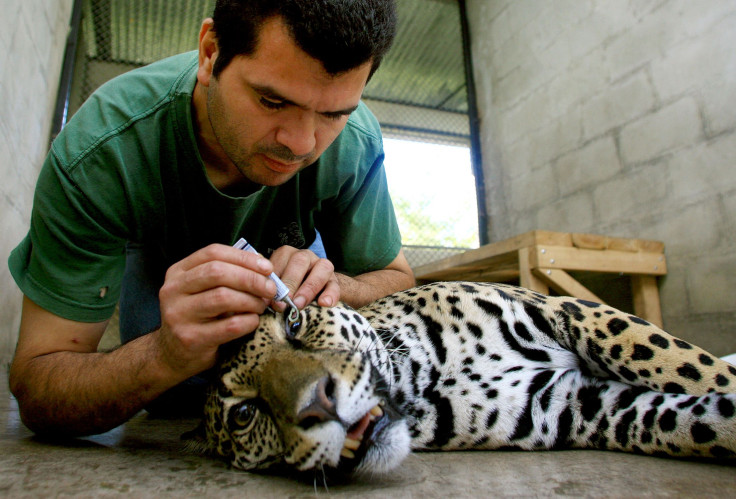Costa Rica To Close Zoos, Citing ‘Change Of Environmental Conscience’

Costa Rica is a nation known for natural wonders and leading environmental initiatives, but its latest plan to close all government-funded zoos and set the caged animals free by as early as May next year has some wildlife caretakers concerned.
Environment Minister Rene Castro said the move was a response to “a change of environmental conscience among Costa Ricans.” He announced the closures in late July, noting that the country’s 97-year-old Simon Bolivar Zoo in central San Jose would be transformed into a botanical garden, while another zoo west of the city, the Santa Ana Conservation Center, would become a 51-hectare forest reserve.
“We are getting rid of the cages and reinforcing the idea of interacting with biodiversity in botanical parks in a natural way,” Castro announced at a news conference covered by local media. “We don’t want animals in captivity or enclosed in any way unless it is to rescue or save them.”
Some involved in Costa Rica’s environmental and tourism industries have argued that the mere idea of having zoos in the first place is at odds with the nation’s pure environmental image.
The two public zoos are home to some 400 animals representing 60 different species, including several types of monkeys, and a collection of big cats, including a jaguar, tiger and lion. All animals will be either released to the wild or sent to various rescue centers, Deputy Environment Minister Ana Lorena Guevara said.
The state of Costa Rica’s public zoos has been a point of contention among environmental groups for years. The Association for the Preservation of Wild Flora and Fauna filed a lawsuit against the zoos in 2006 for poor conditions and questionable sanitation, leading the Constitutional Chamber of the Supreme Court to order immediate improvements.
The Environment Ministry has tried unsuccessfully since 2003 to terminate its contract with Fundazoo, the foundation that runs the two facilities. Fundazoo, however, has asked an administrative tribunal to block the latest threat of closure, arguing that its contract to run the zoos has already been renewed through 2024.
“We have a number of concerns about this,” Fundazoo spokesman Eduardo Bolanos told local English-language newspaper The Tico Times. “Where are they taking these animals? Why do they want to stop being a zoo? Where are people going to see Costa Rica’s biodiversity if they close down the country’s most easily accessible public zoo?”
Bolanos said he found it strange that the Environment Ministry would “want to move animals kept under internationally sanctioned conditions to another location not beneath their authority.” Because many animals found in the zoos were rescued, he argued that you could already call them rescue centers.
Scientists believe Costa Rica, which occupies just 0.03 percent of the planet’s surface, is home to 4.5 percent of its biodiversity. The nation is internationally recognized for its conservation efforts, and woodlands now cover about 52.3 percent of the land, while nearly 30 percent is preserved under national parks or forest reserves. Costa Rica’s history of pro-animal and pro-environment governing is quite strong, and it has previously barred sport hunting and banned all circuses with animals.
© Copyright IBTimes 2024. All rights reserved.






















